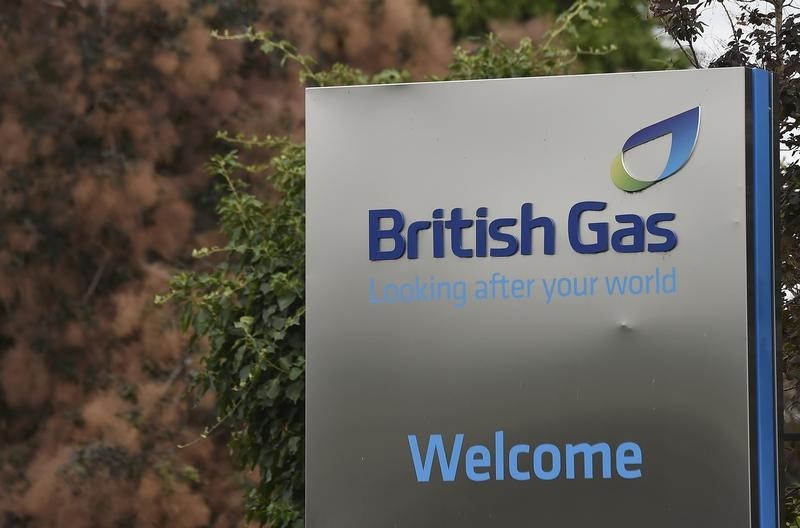(Bloomberg) -- Two years after the U.K.’s largest natural gas storage site slipped into retirement, demand for new places to keep the fuel is ratcheting up.
InfraStrata Plc, which is planning a 265 million-pound ($330 million) storage facility in Northern Ireland, said the need for space is so strong that commodities firm Vitol Group last month booked the entire capacity of the Islandmagee site. The project’s seven salt caverns have enough room to more than fully meet U.K. gas use in winter for one day.
“There is more demand in the market than we can satisfy with Islandmagee,” said John Wood, the chief executive officer of InfraStrata. “The market in the U.K. is sending out strong economic signals for additional gas storage capacity.”
With Britain’s Rough storage site now permanently shut, Islandmagee is expected to provide more than 25% of the nation’s reserve capacity. More flexible facilities that can respond quickly to balance the ebb and flow of renewable generation will help ease the nation’s reliance on imports. It will also provide more security when another ‘Beast from the East’ winter cold blast strikes, an event that roiled energy markets last year.
Beast From the East Could Hit European Energy Markets Regularly
Islandmagee is one of several projects proposed for the U.K. and Ireland. Plans for floating storage and regasification units to bring in liquefied natural gas are being explored by InfraStrata as well as U.S. LNG project developer NextDecade Corp.
So-called fast-cycle facilities such as the 500 million-cubic-meter Islandmagee can quickly switch between storing gas and supplying it to heat homes or offset swings in renewable power generation.
“I do see a good business case in developing fast-cycle gas storage facilities like Islandmagee,” said Elchin Mammadov, an analyst at Bloomberg Intelligence. “They’re less risky and would be useful as the share of renewables in Britain increases the need for flexible energy storage solutions with high ramp-up/down rates.”
InfraStrata has also identified three potential sites in Cheshire, England, with capacity of 500 million to 600 million cubic meters and plans to make a decision on a project by the end of September, Wood said. And interest has spread beyond Vitol.
“Four quality offtake partners” have expressed interest, he said, without providing details. “Big trading organizations are no longer interested in holding minor assets like storage” and would rather hire the capacity, he said.
InfraStrata says it will expand its business whatever the outcome of U.K. negotiations to leave the European Union. But it still needs a political decision.
“It is imperative that a decision is made sooner rather than later so that we can appropriately reposition ourselves relative to the EU,” he said.
